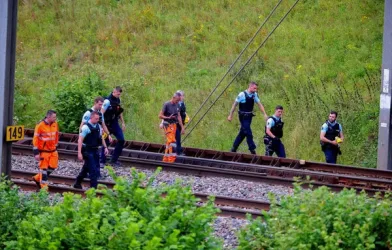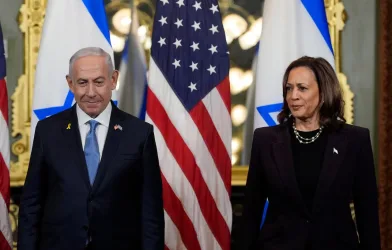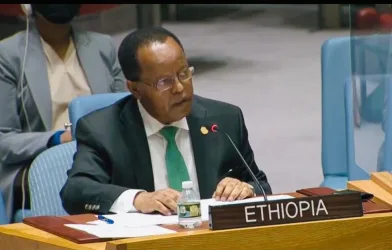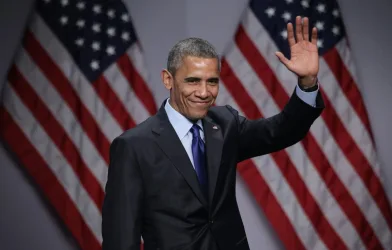![]()

Somalia’s Islamist Shebab rebels faced growing encirclement by regional armies Monday, as the war-torn nation’s defence minister welcomed deployment of foreign forces against the fighters.
“We welcome Ethiopian troops — if they have entered Somalia — and any other country that contributes forces to fight against the Shebab militants, as long as they do not violate our sovereignty,” Hussein Arab Isse said.
Local elders at the weekend reported several convoys of Ethiopian troops moved into Somalia’s central Galgudud and Hiran regions, while witnesses said lines of trucks also crossed via Kenya into the far south.
Hardline Shebab insurgents control much of southern Somalia, but are also battling both the Western-backed government in Mogadishu and Kenyan troops in the far south, who crossed the border last month to attack rebel strongholds.
“We need help from the international community in the fight against the Al-Qaeda linked militants,” Isse told reporters late Sunday, after returning from meetings in Ethiopia.
However, Addis Ababa has continued to deny reports of what appears to be their first large-scale troop deployment here since their 2006 US-backed invasion of Somalia.
“Ethiopia has not entered Somalia… In the past, people might have seen light reconnaissance teams and confused them with troop deployments,” Ethiopian government spokesman Bereket Simon told AFP Monday.
But Bereket also scoffed at Shebab threats on Sunday that the extremist fighters would “break the necks” of Ethiopian troops who crossed into Somalia.
“I know of no time when Al-Shebab has been short of such braggart,” Bereket said. “Ethiopia in the past has done its job and came out as per its plan — Al-Shebab knows what Ethiopia can do, so that doesn’t worry us at all.”
Ethiopia’s 2006 invasion sparked a bloody uprising, and troops pulled out three years later after failing to restore order in its lawless neighbour, which has lacked a functioning government for two decades.
Soldiers from Uganda and Burundi in the 9,700-strong Africa Union force are also fighting Shebab gunmen in the anarchic capital.
Kenya, which has offered troops to join the AU force after sending in its soldiers unilaterally to attack Shebab bases six weeks ago, said they had not teamed up with any Ethiopian troops.
“We are not aware of any Ethiopian soldiers having joined our forces in Somalia,” Kenyan army spokesman Major Emmanuel Chirchir said.
The decision on whether Ethiopia will send troops will be made Friday at a heads of state meeting in Addis Ababa of the regional body, the Inter-Governmental Authority on Development (IGAD).
“We are waiting for what IGAD decides and without that decision, Ethiopia is not going to act unilaterally,” Bereket said.
However, Ethiopia would be keen to ensure its troops are inside Somalia, especially after Kenya’s incursion there, said Roger Middleton, from Britain’s Chatham House think tank.
“If you look at the long history of foreign neighbours meddling in Somalia, then Ethiopia has had the prerogative in terms of getting their hands dirty there,” Middleton said.
“Indeed, it (an Ethiopian incursion) may have been a reaction in part to Kenya’s intervention, to ensure Ethiopia remains a regional power in terms of shaping Somalia’s future.”
Ethiopian troop deployment would squeeze Shebeb forces, already struggling from the loss of once lucrative income bases after abandoning fixed positions in Mogadishu in August, Middleton added.
“It will certainly pile on pressure on the Shebab,” he said, although warning that given the militia’s roots in guerrilla insurgency, a “battlefield victory does not necessarily mean a comprehensive defeat.”
And, with “as yet little evidence” that regional armies were doing much to coordinate efforts, it “doesn’t add up to a recipe for success,” he added.
Source: AFP
Somalia: Noose tightens on Somali rebels as Ethiopia returns
Published: November 21, 2011







